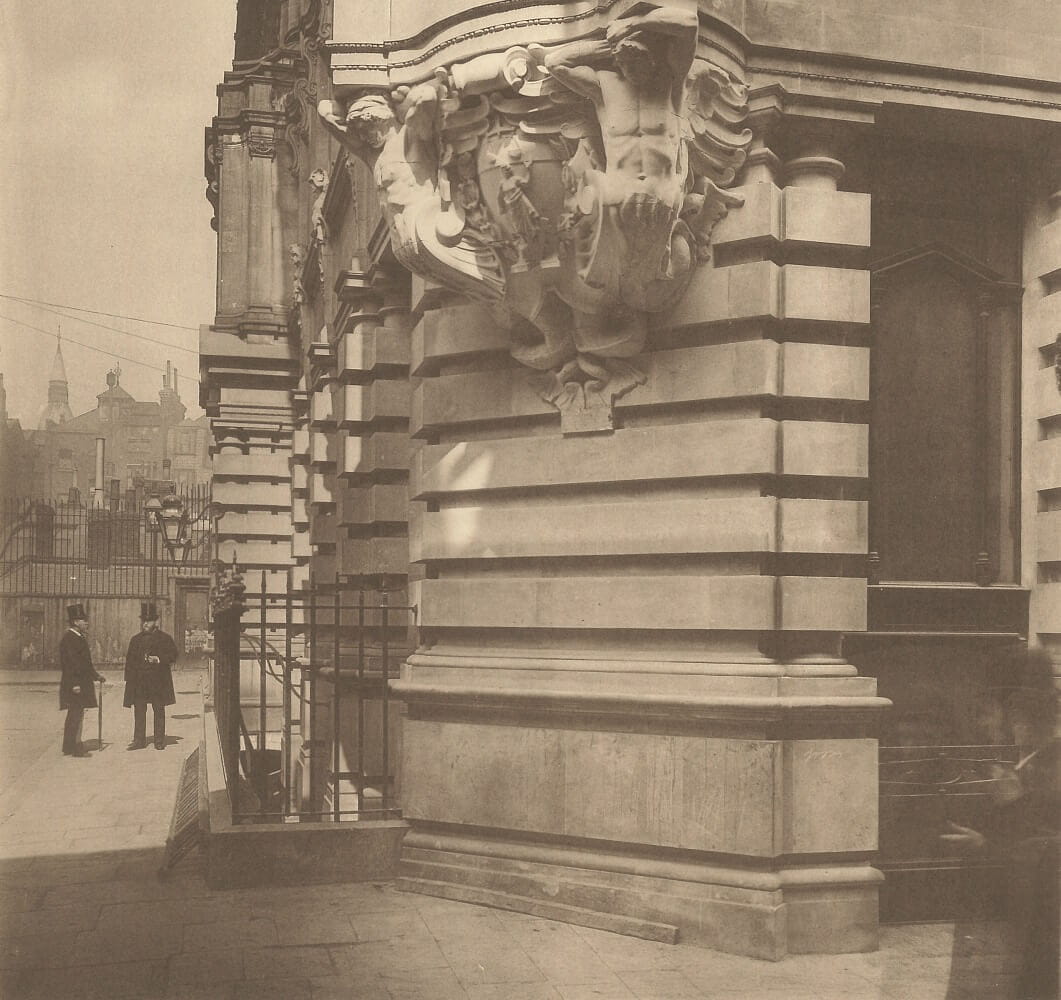W G Howgrave
William Gethen Howgrave was secretary of ICAEW from May 1880 to 1899. He had previously been Secretary of the Institute of Accountants, having succeeded TA Welton in 1877. He was appointed at a salary of £400 a year and a clerk was appointed to assist him at 18 shillings a year.
Howgrave, born Gethen William Howgrave in Islington in 1840, was a member of the Institute of Secretaries and he served as that body's president for 1897-1898. He was also a founding member of caba (the accountants'' benevolent society), the only one of the founders who was not themselves a Chartered Accountant. Howgrave's son Walter had however become a associate member of ICAEW by 1891.
Amongst Howgrave's achievements were the setting up of the Institute of Accountants premises at 3 Copthall Buildings and preparation of the draft Royal Charter of ICAEW in 1880. His work on the Charter lead to the council awarding him a bonus of £200.
Howgrave retired in September 1899 and retired to the South of France, where he died on 5 February 1907, at the age of 66.

Charles Colville
The Hon. George Charles Colville MA, youngest son of Viscount Colville of Culross, succeeded William Howgrave in September 1899 and was in the post until 1935. Colville, born in 1867 was educated at Winchester and Trinity College, Cambridge and was called to the bar in 1891.
Colville was awarded the MBE in 1918 and was High Sherriff of the County of London in 1930.
He was a keen yachtsmen who even built his own boats. He was on the management committee of the RNLI for 37 years (23 as chair), until his death in Leeds in September 1943. He is buried in Cowes in the Isle of Wight.
Robert Bankes
Robert Wynne Banks was born in Chelsea in1887 and was the son of Sir John Elson Bankes, Lord Justice of Appeal. He was educated at Eton, studied law at University College Oxford and was called to the bar (Inner Temple) in 1917.
He served in World War I as a Captain with the Montgomeryshire Yeomanry (Territorial Force). He was Aide-de-camp to Brigadier General Godwin in the Egyptian Expeditionary Force (1917-18) and Aide-de-camp to General, later Field Marshall, Allenby (1918-19) and was mentioned in despatches in 1919.
After the war Bankes was a private secretary to successive Lord Chancellors from 1919-1929 and Deputy Sergeant-at-Arms at the House of Lords. He was appointed as Assistant Secretary of ICAEW in 1929 and was promoted to Secretary in 1935.
He retired from ICAEW at the end of 1949 and went on to be Commander of the Flintshire St John Ambulance Brigade from 1952-1962.
He was awarded the Commander of the British Empire in 1929, was High Sherriff of Flint in 1945 and was appointed as an officer in the Venerable Order of the Hospital of St John of Jerusalem in the Coronation Honours of Queen Elizabeth II in June 1953.
He died at the family estate, Soughton Hall in Flintshire, in July 1975 at the age of 88.
Alan MacIver
Alan Squarey MacIver was appointed assistant secretary to Robert Bankes in 1935, promoted to deputy secretary in 1945 and succeeded him as secretary in 1950.
MacIver was born in Kendal in 1894. His father David was a partner in the firm of D&C MacIver, managing owners of the Cunard Steamship Company, a director of the Great Western Railway and a member of parliament for Birkenhead and then Liverpool Kirkdale.
MacIver was awarded the Military Cross while serving on the Western Front in Word War I as a lieutenant in the Lancashire Fusiliers. Three of his brothers, Robert, Reginald and Andrew, died in the War and MacIver himself was wounded in the left eye at Ypres when a bullet shattered his spectacles. This led to him being declared unfit for frontline duties and was transferred to Battalion HQ, after a brief stint as the aide-de-campe for the Divisional Commander, as a Brigade Intelligence Officer. One of his fellow officers at HQ was Bernard Montgomery, who later became Field Marshal Montgomery and Viscount Montgomery of Alamein. McIver described him as a a 'cold fish, but very efficient'.
MacIver was at educated at Shrewsbury School and Christ Church, Oxford prior to Word War I and in the inter-war years was called to the bar (Inner Temple) and became managing director of David MacIver & Co. From 1940-45 he was on the general staff at the War office.
In 1962, MacIver retired as secretary and he died in May 1975 at the age of 80.
See also
Can't find what you're looking for?
The ICAEW Library can give you the right information from trustworthy, professional sources that aren't freely available online. Contact us for expert help with your enquiries and research.